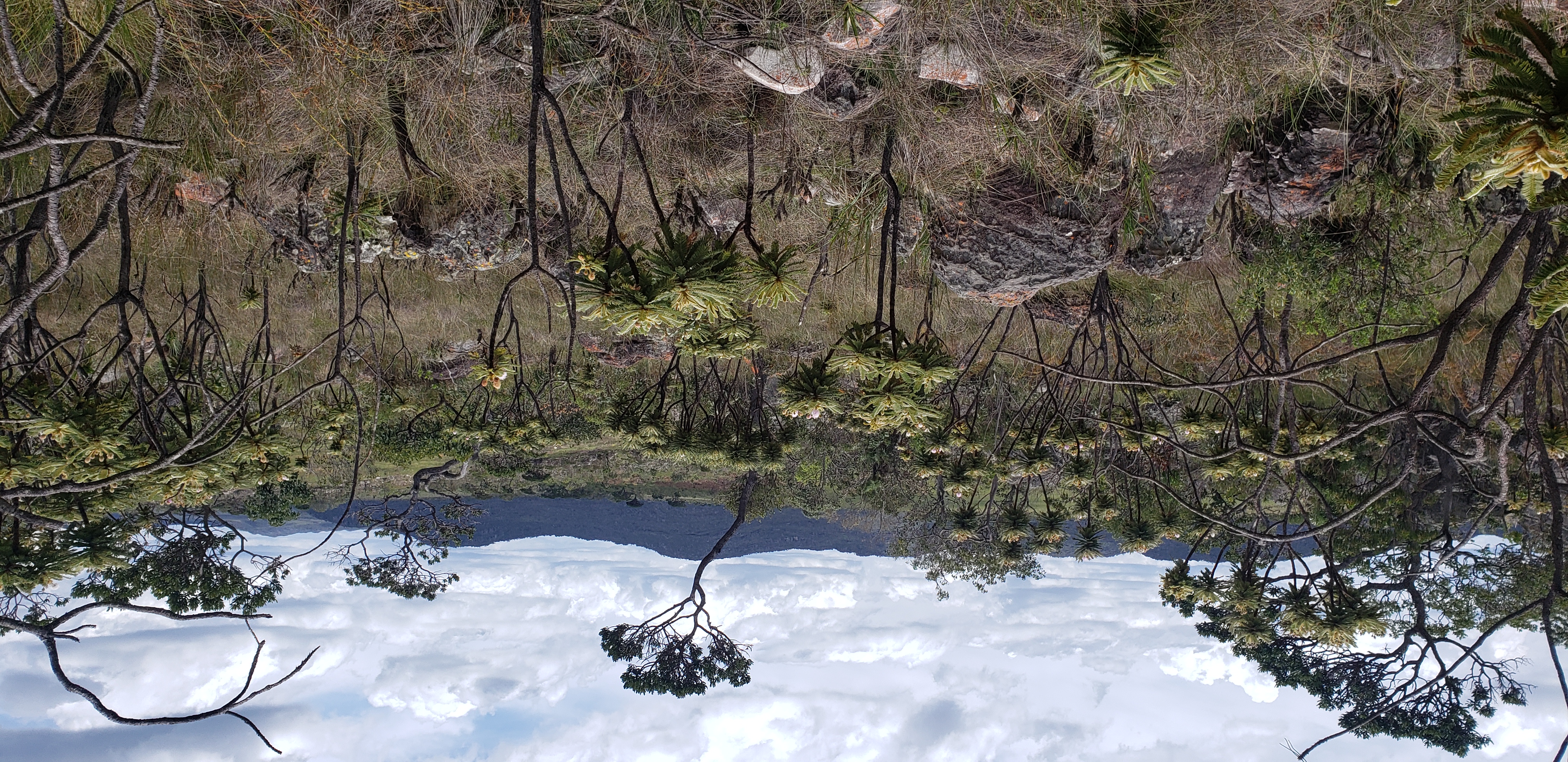The Taxonomy and Evolution of Plants lab (TaxEP) at the Federal University of São Carlos, Brazil, has two openings for PhD candidates who are interested in bridging morphological diversity, modularity and integration for the study of plant evolution. The positions are part of the research project “The role of modularity and integration in the evolution of plant morphological diversity”, led by Leonardo Borges, one of the coordinators of the Traits Working Group, and funded by FAPESP.
The project aims to understand how the interplay between integration and modularity changes how traits vary through time and may constrain or facilitate morphological diversification in face of ecological opportunities, such as those available in new biomes. For that, it will use the genus Mimosa as a model to answer if and how variations in modularity and integration patterns shaped plant disparification, particularly after lineage biome transitions.
Students will enroll in the Graduate Program on Comparative Biology, University of São Paulo, in Ribeirão Preto and work at the Federal University of São Carlos, in São Carlos, Brazil. Students who are proficient in English are welcome and accepted into graduate-level programs, although expected to learn basic portuguese. Ideally, candidates without an MSc degree should be admitted in the graduate program between May and June 2023 and start work in August 2023. Dates are more flexible for candidates with an MSc degree.
São Carlos is a mid-sized town in the countryside of São Paulo state, with two universities and many activities for younger audiences. TaxEP is a welcoming lab that includes members with different cultural backgrounds and values personal life and mental health as cornerstones of professional development.
Interested candidates should send a detailed CV, motivation letter and the names and email of 2 references to Leonardo Borges (aquitemcaqui@gmail.com) until March 31st 2023.
Picture caption: A population of Mimosa oedoclada Barneby in the campos rupestres of Central Brazil.
